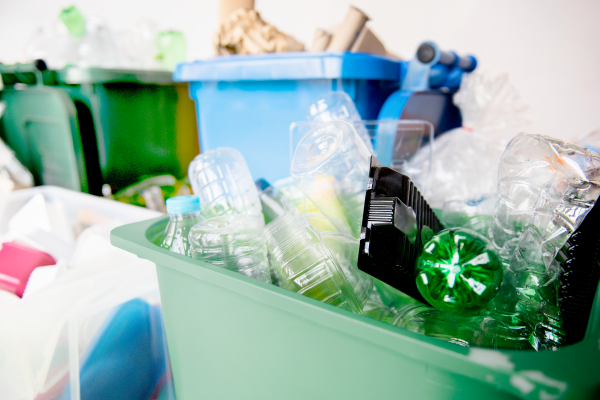The importance of the correct management of plastic waste has been talked about all over the world, this has to do with the immense pollution problem. Although each country has different regulations on this issue, some have made agreements due to this need to find solutions. 3 main legislative changes have been made on plastic waste in recent months, below, we will explain in broad strokes the benefits of these.
Basel Convention on plastic waste
In 2019 the Basel Conference was held where a Multilateral Environmental Agreement was reached to combat the collateral effects to nature and human beings, on January 1, 2021, these new rules came into force. The objective of this agreement was to control international shipments of certain plastics, i.e., any of these that are not recyclable or require special treatment must obtain prior consent from the United Nations, to prevent some types of plastic that are difficult to recycle from being sent to a country that does not have the technology to treat them. The disadvantages include delays of many months for waste, refunds, and economic sanctions; it should be noted that the USA did not sign the agreement.
Chinese ban on solid waste imports
China was a country where for many years large industries decided to send their plastic waste, however, in 2013 they decided to reject the reception of solid waste, intending to promote greater local recycling and reduce dependence on the treatment of their waste from other countries, thus forcing many countries to find new techniques to treat their waste. In case of non-compliance with the measures, there are fines for both the importer and the transporter.
European green pact
Following the example of China, this law came into force on January 1, 2021, prohibiting the shipment of plastic waste from EU countries to non-OECD countries. To ensure this, sensor technology will be used to detect the purity level of the plastics.
What are the next steps?
There is talk of a ban on single-use plastics, which will probably be formally established by 2025, but governments and companies are already working to stop using single-use plastics.

